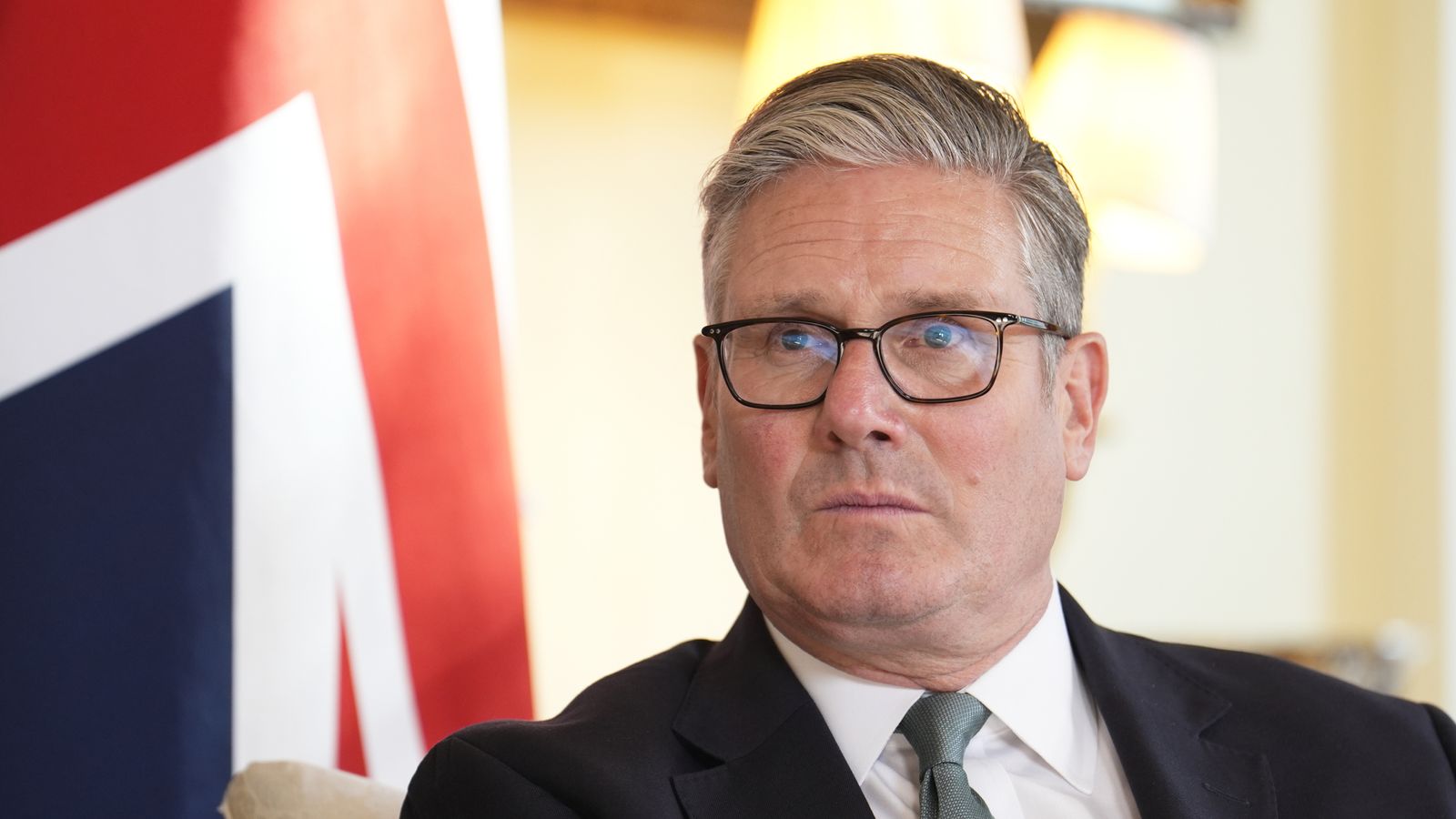
Starmer Urges Diplomacy Amid Rising Tensions After US Strikes Iran
As tensions flare in the Middle East, UK Prime Minister Sir Keir Starmer has taken a firm yet diplomatic stance in the wake of the United States' surprise airstrikes on Iran's nuclear facilities. The strikes—targeting the Natanz, Isfahan, and Fordo sites—marked a dramatic escalation in the regional conflict, one that has already seen significant Israeli military engagement over the past week. Starmer, emphasizing the importance of stability, called on Iran to return to the negotiating table and seek a peaceful resolution to the growing crisis.
Speaking shortly after the US announced its military operation, Starmer did not shy away from acknowledging the gravity of the situation. He described Iran’s nuclear ambitions as a “grave threat to international security” and stated unequivocally that Tehran must never be allowed to develop a nuclear weapon. Despite the UK's non-involvement in the strike, Starmer made clear that his government had been informed in advance and had been actively advocating for a diplomatic solution through quiet international dialogue.
Echoing the Prime Minister’s tone, Business Secretary Jonathan Reynolds confirmed there had been no British military involvement, and reiterated the UK’s support for preventing Iran from acquiring nuclear weapons. However, he also voiced frustration, explaining that Iran had not responded positively to diplomatic overtures. While he refrained from openly endorsing the airstrikes, Reynolds noted that allowing Iran to proceed unchecked with its nuclear programme was not an option the UK could tolerate.
Also Read:- Canada Crushes Bahamas in Dominant Display at T20 Americas Final
- Johnny Depp Breaks Silence on Amber Heard and the Trial That Shook the World
Meanwhile, Iran has condemned the US action as a violation of international law, with its ambassador in the UK hinting at a possible retaliatory response. Despite claiming its nuclear intentions are peaceful and research-based, recent findings by the International Atomic Energy Agency suggest Iran may have amassed enough enriched uranium to produce multiple nuclear bombs, escalating global concern.
In Washington, US President Donald Trump lauded the strike as a “spectacular military success” and warned Iran of even more severe consequences if it retaliates. Israel, too, welcomed the move, with Prime Minister Netanyahu hailing Trump’s decision as “historic.”
Amid this backdrop of rising hostility, Starmer remains steadfast in his call for diplomacy. “Stability in the Middle East is a priority,” he said, urging Iran to return to discussions before the situation spirals further out of control. Foreign Secretary David Lammy, who met recently with US and European counterparts, has echoed this message, emphasizing that a small window remains for a peaceful resolution.
As the UK prepares for potential fallout—including evacuation plans for nationals in the region and safeguarding key assets—Starmer’s leadership is focused on maintaining calm and leveraging international cooperation. He will chair a COBRA crisis meeting to assess the next steps.
In these volatile times, Starmer’s approach reflects a blend of caution, realism, and commitment to diplomacy. While he acknowledges the threat posed by Iran’s nuclear activity, he insists that dialogue, not escalation, is the best path forward.
Read More:

0 Comments